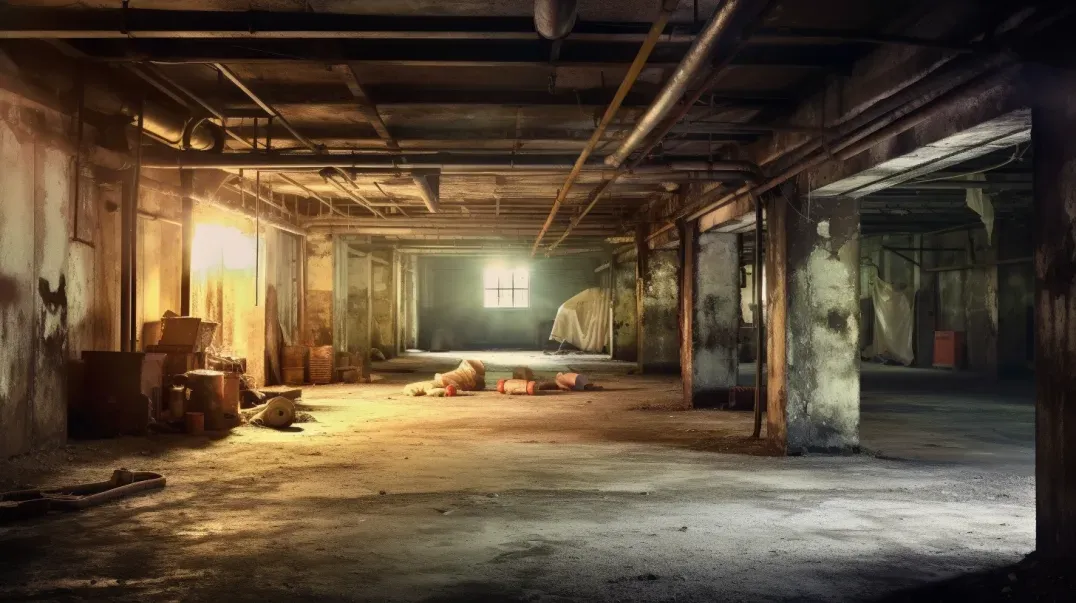
Mobile homes, with their unique construction and design challenges, require special consideration regarding insulation. Proper insulation is crucial not only for comfort but also for energy efficiency, which can be significantly compromised in poorly insulated mobile homes. This introduction explores how effective insulation plays a pivotal role in enhancing the living conditions inside mobile homes by optimizing temperature regulation and reducing energy consumption.
Mobile homes are particularly susceptible to heat gain and loss due to their typically thin walls, under-floor spaces, and roofs. These factors can lead to higher heating and cooling costs, and uncomfortable living conditions if not properly managed. Insulation, therefore, becomes not just beneficial but essential for mobile homeowners looking to improve their home’s energy performance and interior comfort.
Key Benefits of Proper Insulation in Mobile Homes:
Improved Thermal Comfort: Insulation helps maintain a consistent interior temperature by slowing the movement of heat. In winter, it traps heat inside, keeping the home warm. Conversely, in summer, it reflects and dissipates heat to keep the interior cool. This stable thermal environment enhances comfort and reduces the strain on heating and ventilation systems.
Reduced Energy Bills: By maintaining temperature stability, insulation minimizes the need for continuous heating or cooling. This efficiency can significantly reduce energy bills, as the heating, ventilation, and air conditioning (HVAC) system consumes less power to maintain desired temperatures.
Prevention of Moisture Condensation: Proper insulation reduces the potential for problems caused by condensation, such as mold and mildew growth. These issues are particularly prevalent in mobile homes and can affect air quality and structural integrity. Insulation materials that also act as vapor barriers can prevent the condensation of moisture, thereby protecting the structure and health of the occupants.
Enhanced Soundproofing: Besides its thermal benefits, insulation also serves as an effective sound barrier, reducing the transmission of noises from outside and between different rooms. This soundproofing feature is especially beneficial for mobile homes that may be located in noisy environments.
Increased Home Value: Well-insulated mobile homes often enjoy a higher market value. Prospective buyers recognize the benefits of effective insulation, including reduced energy costs and improved comfort, making these homes more attractive on the market.
This guide will delve deeper into the types of insulation best suited for mobile homes, the strategic implementation of insulation solutions, and practical tips for maximizing effectiveness. Understanding these elements can empower mobile home owners to make informed decisions that lead to a more comfortable, economical, and environmentally friendly living space.
Unique Insulation Challenges in Mobile Homes
Mobile homes present unique challenges for insulation due to their distinct construction methods and materials. Unlike traditional stick-built homes, mobile homes are often constructed with cost-efficiency in mind, leading to variations in structure that can significantly impact the effectiveness of insulation. This section explores these challenges in depth and discusses strategies to mitigate heat loss and enhance energy efficiency.
Structural Differences and Insulation Needs
Mobile homes differ from traditional homes in several key aspects, each affecting insulation needs and strategies.
Overview of Construction Differences:
- Materials: Mobile homes are typically built with lighter materials that may not provide as much inherent insulation as the heavier materials used in traditional home construction.
- Construction Methods: They are often assembled in factories as separate units and then transported to their final location. This method of construction can create issues with thermal bridging – where heat passes through the metal frames that are often used as part of the structure.
- Foundation and Setup: Unlike traditional homes, which are generally built on a permanent foundation, mobile homes might be set up on a block or pier foundation, leading to significant air infiltration and heat loss if not properly insulated.
Specific Insulation Challenges:
- Size and Space Limitations: The compact size and limited crawl space of mobile homes restrict the type and amount of insulation that can be installed, particularly under the floor and in the roof.
- Material Suitability: The materials used in the walls, roofs, and floors of mobile homes often require specialized insulation materials or strategies compared to traditional homes.
- Air Sealing Needs: Because of their construction and assembly process, mobile homes often have more seams and joints, which can become avenues for air leaks. Effective insulation must therefore be coupled with comprehensive air sealing to prevent heat loss.
Common Areas of Heat Loss in Mobile Homes
Identifying and addressing common areas where heat loss occurs can greatly improve the thermal efficiency of a mobile home.
Identifying Areas Prone to Heat Loss:
- Walls: Mobile home walls often lack sufficient insulation. Wall cavities in these homes might not be as deep as those in traditional homes, limiting the thickness of insulation that can be used.
- Floors: The floor of a mobile home is particularly susceptible to heat loss, especially if the home is elevated on blocks or piers without any skirting. Insulation under the floor must be secured and protected from moisture and animal damage.
- Roofs: Many mobile homes have flat or shallow-pitched roofs that provide minimal space for insulation. Heat can escape easily through the roof, especially if not properly insulated or if the roof is in disrepair.
Importance of Targeted Insulation Strategies:
- Custom Solutions: Given the specific challenges associated with insulating mobile homes, custom insulation solutions are often necessary. This might involve using spray foam insulation to create an airtight barrier or installing rigid foam boards in tight spaces.
- Upgrading Windows and Doors: Replacing old windows and doors with more energy-efficient designs can also help reduce heat loss, as these areas are critical weak points for insulation in mobile homes.
- Comprehensive Approach: A comprehensive approach that includes air sealing, adding insulation to key areas, and updating fixtures and fittings is essential for optimizing energy efficiency. This approach not only reduces heating and cooling costs but also enhances overall comfort.
By understanding and addressing the unique insulation challenges presented by mobile homes, owners can significantly improve comfort and reduce energy expenditures. Effective insulation and proper installation are key to overcoming these challenges, ensuring a warm in winter and cool in summer environment, and making mobile homes a more sustainable option for living.
Maintenance and Upkeep of Insulation in Mobile Homes
Maintaining the insulation in mobile homes is crucial for ensuring it continues to perform optimally over its expected lifespan. Proper upkeep not only helps in sustaining energy efficiency but also enhances the overall comfort and structural integrity of the home. This section details strategies for routine inspections and long-term care of insulation to help mobile home owners get the most out of their investment.
Routine Insulation Inspections
Regular inspections are essential to catch and address potential issues with insulation before they lead to bigger problems, such as increased energy costs or moisture-related damages.
Schedule and Tips for Regular Insulation Checks:
- Annual Inspections: Schedule comprehensive inspections at least once a year, ideally before the colder seasons when heating demands are higher. This timing allows you to address any issues before you need to rely heavily on your home’s thermal regulation.
- Visual and Physical Checks: Inspect insulation for any signs of damage such as tears, compressions, or dislocations. Make sure that the material is still fluffy and not waterlogged, as wet insulation is a sign of leaks and ineffective insulation.
- Thermal Imaging: Occasionally, use thermal imaging technology to identify less obvious weak spots and thermal bridging in the insulation coverage, which can highlight areas where insulation may have settled or degraded.
Identifying Signs of Insulation Wear or Damage:
- Physical Damage: Look for tears, holes, or areas where the insulation has been compressed or has shifted significantly.
- Water Damage: Stains or a musty odor can indicate water leaks, which not only degrade insulation materials but also reduce their effectiveness and can lead to mold issues.
- Inconsistent Indoor Temperatures: Areas in the home that are unusually cold or drafty during winter or feel overly warm during summer may suggest inadequate or deteriorated insulation.
Long-Term Insulation Care
Properly maintaining the insulation in your mobile home is key to its longevity and effectiveness. Here are best practices for ensuring that your insulation remains in top condition over time.
Best Practices for Maintaining Insulation Effectiveness:
- Keep It Dry: Address leaks and condensation issues promptly to prevent insulation from becoming wet. Check that vapor barriers are intact to avoid moisture transfer from the home into the insulation.
- Prevent Pest Infestations: Insulation can be attractive to rodents and insects. Regularly inspect for any signs of infestation, such as droppings or nesting materials. Sealing entry points and considering pest-resistant insulation types can mitigate this risk.
- Avoid Compression: Do not store items on top of insulation, especially in attics, as this can compress the material and significantly reduce its insulative properties.
Addressing and Preventing Common Insulation Issues:
- Compression and Displacement: Ensure that insulation materials are correctly installed without gaps and are not compressed, as this diminishes their R-value. Fix any dislodged panels or batts promptly.
- Aging Materials: Replace insulation materials that show signs of degradation (such as brittleness and powdering fiberglass) as they can no longer perform effectively.
- Upgrading Insulation: As newer and more effective types of insulation become available, consider upgrading to maintain energy efficiency standards and adapt to any changes in the climate or environmental conditions.
Maintaining and caring for the insulation in your mobile home is not just about preserving its condition, but also about ensuring it continues to provide maximum thermal efficiency and comfort. Regular inspections and proper care practices help extend the life of your insulation materials and prevent common issues, making your home more energy-efficient and comfortable throughout the year. By following these guidelines, homeowners can protect their investment and enjoy a warm and cozy living environment.
Choosing the Right Insulation for Mobile Homes
Selecting the appropriate insulation for mobile homes involves understanding the specific needs dictated by their unique construction features. Mobile homes can benefit significantly from well-chosen insulation, which not only enhances comfort but also boosts energy efficiency. This section discusses various insulation materials suitable for mobile homes and explains the importance of R-values in choosing the right insulation.
Insulation Material Options
Several insulation materials are available that are suitable for mobile homes, each with its own set of advantages and drawbacks. Here’s a look at some common options:
Fiberglass Insulation:
- Pros: Fiberglass is one of the most commonly used insulation materials due to its cost-effectiveness and good thermal resistance. It's relatively easy to install, especially in the form of batts that fit between wall studs and ceiling joists.
- Cons: Fiberglass can irritate the skin and lungs if not handled properly. It's also less effective at blocking air flow compared to other materials unless perfectly installed.
- Considerations: Fiberglass is suitable for areas with moderate to mild climates and is ideal where budget is a key concern. However, it can absorb moisture, so it’s not recommended for areas prone to high humidity unless it includes a vapor barrier.
Foam Insulation (Spray and Rigid Foam Boards):
- Pros: Foam insulation offers excellent air sealing properties. Spray foam, in particular, can get into small crevices and hard-to-reach areas, providing a tight air barrier in addition to its insulating properties.
- Cons: Spray foam is generally more expensive than fiberglass and requires professional installation. It can also off-gas volatile organic compounds (VOCs) initially after installation.
- Considerations: Foam insulation is heavier than fiberglass and may not be suitable for all areas of a mobile home, particularly older models that cannot bear the additional weight. Its excellent moisture resistance makes it a good choice for humid climates.
Reflective Insulation:
- Pros: This type of insulation is effective at reducing cooling costs by reflecting radiant heat away from the home. It is lightweight and easy to install.
- Cons: Reflective insulation is generally more useful in hot climates and less effective in cold areas unless combined with other forms of insulation.
- Considerations: Ideal for roofs and walls facing direct sunlight, reflective insulation's effectiveness is highly dependent on proper installation, as gaps and wrinkles can significantly diminish its performance.
Cellulose Insulation:
- Pros: Made from recycled paper products, cellulose is an eco-friendly option. It has good thermal properties and is excellent for soundproofing.
- Cons: It can settle over time, which may reduce its insulative properties unless properly maintained. Cellulose needs to be treated with fire retardants, which can diminish its environmental benefits.
- Considerations: Cellulose is heavier than fiberglass and may not be suitable for all mobile home structures, especially in areas accessible only through small panels.
Understanding R-Value Requirements
The R-value is a measure of insulation’s ability to resist heat flow, with higher values indicating greater insulating power. Understanding and selecting the right R-value is crucial for effective insulation in mobile homes.
- Importance of R-value in Mobile Home Insulation: A higher R-value means better insulation and more pronounced energy efficiency and comfort levels. Mobile homes, in particular, can lose heat quickly due to their typically thin walls and lack of a foundation, making high R-value insulation critical.
- Determining the Appropriate R-value for Different Climate Zones: Consult Local Codes: Start by consulting local building codes, which often prescribe minimum R-values for different areas of a home based on the local climate.
- Consider the Mobile Home’s Construction: Think about the age of the mobile home and its existing insulation (if any). Older mobile homes might need higher R-value materials to compensate for less efficient windows and doors.
- Adapt to Climate Conditions: In colder climates, opt for insulation with a higher R-value to prevent heat from escaping. In contrast, in warmer areas, focus on insulation that can effectively keep heat out.
Choosing the right type of insulation and the correct R-value can drastically improve the energy efficiency of a mobile home, reducing heating and cooling costs and making the home more comfortable throughout the year. By considering the specific conditions and needs of their mobile home, owners can make informed decisions that will provide benefits for years to come.
Insulation Replacement Techniques for Mobile Homes
Replacing insulation in a mobile home can dramatically improve its energy efficiency and comfort. This process, however, can vary significantly from that of traditional homes due to the unique construction of mobile homes. Whether to tackle this project as a DIY or to hire professionals depends on several factors including one’s skill level, the scope of the project, and the specific needs of the home. This section will guide you through both approaches and offer detailed insights into specialized installation techniques suited for mobile homes.
DIY vs. Professional Installation
Deciding between DIY and professional installation is crucial and can impact not only the cost but also the effectiveness of the insulation.
When to Consider DIY Insulation Replacement:
- Skill and Experience: If you have experience with home repairs and insulation, DIY can be a cost-effective option.
- Small Projects: Smaller projects, such as adding insulation to the underbelly or patching certain areas, can often be managed without professional help.
- Cost Considerations: DIY is generally less expensive as it eliminates labor costs.
When to Hire Professionals:
- Large Projects: For comprehensive overhauls, such as replacing insulation throughout the mobile home or in hard-to-reach areas like roofs, professional services might be needed.
- Quality and Guarantees: Professionals can guarantee their work, providing added reassurance that the insulation is installed correctly.
- Building Codes and Permits: Professionals can ensure that all local building codes are met and necessary permits are handled, which is particularly important in extensive refurbishments.
Tips for Successful DIY Insulation Projects:
- Proper Measurement and Materials: Ensure you have accurate measurements of your space and purchase the correct amount of materials, including a bit extra for mishaps.
- Safety Gear: Use appropriate safety gear such as gloves, goggles, and masks, especially when working with fiberglass or spray foam.
- Comprehensive Sealing: Besides adding new insulation, make sure to seal all cracks and gaps using caulking or foam to prevent air leaks, which are counterproductive to your insulation efforts.
Special Installation Techniques for Mobile Homes
Mobile homes require specific techniques for insulation replacement due to their design and construction features. Here’s a step-by-step guide for common insulation replacement areas along with techniques to address unique features.
Underbelly Insulation Replacement:
- Access the Underbelly: Cut a small section of the underbelly cover or remove it entirely if it’s extensively damaged.
- Remove Old Insulation: Take out all the old or damaged insulation. Be sure to wear protective clothing to avoid irritation from old materials.
- Install New Insulation: Fit in new insulation—typically fiberglass batts or foam boards. Make sure it's snug and covers the entire area.
- Reattach the Underbelly Cover: Use a durable tape or a new underbelly material to seal the area comprehensively.
Wall Insulation Replacement:
- Remove Interior Paneling: Carefully take down any paneling or interior wall covers to expose the studs and old insulation.
- Install New Insulation: Measure and cut the insulation to fit between the wall studs. Insert and secure the insulation without compressing it.
- Replace the Paneling: Reattach or replace the interior paneling, ensuring the walls are smooth and secure.
Roof Insulation Replacement:
- Interior Approach: If possible, replace roof insulation from the inside by removing ceiling panels and old insulation.
- Exterior Approach: In cases where interior replacement isn’t possible, consider removing the roof covering to access and replace the insulation. This method might require professional help.
Addressing Unique Features:
- Skirting: Insulate skirting with rigid foam boards to prevent air infiltration and protect the pipes and underbelly from external temperatures.
- Piping: Use foam pipe insulation to cover all exposed pipes to prevent freezing during the winter months and to reduce heat loss from hot water pipes.
By following these specific techniques tailored to mobile homes, homeowners can ensure that their insulation replacement project is successful and improves the home’s overall energy efficiency and comfort. Whether opting for DIY or professional installation, the key is thorough preparation, careful execution, and ongoing maintenance.
Addressing Ventilation and Moisture Control
Effective insulation in mobile homes not only enhances energy efficiency but must also be balanced with proper ventilation to manage moisture levels. Without adequate ventilation, insulation can trap moisture, leading to mold growth and structural damage over time. This section explores how to maintain this balance and implement strategies to control moisture effectively.
Balancing Insulation with Ventilation
Ventilation plays a critical role in preventing moisture-related issues, particularly in tightly sealed environments like insulated mobile homes.
The Role of Ventilation:
- Prevents Moisture Build-up: By circulating air, ventilation helps to reduce moisture levels inside the home, preventing condensation which can lead to mold and mildew.
- Enhances Air Quality: Regular air exchange also improves indoor air quality by expelling odors, airborne pollutants, and excess humidity.
- Complements Insulation: Effective ventilation ensures that insulation performs optimally, as it helps to maintain a dry and stable environment within the home’s structure.
Tips for Maintaining Proper Airflow Alongside Insulation:
- Use Exhaust Fans: Install exhaust fans, especially in high moisture areas such as kitchens and bathrooms, to help remove moisture at its source.
- Incorporate Roof Vents: Roof vents allow hot, moist air to escape the attic or roof space, which is crucial in maintaining the effectiveness of roof insulation.
- Ensure Underbelly Ventilation: Mobile homes should have vented skirting to promote air circulation under the home, preventing moisture accumulation that can lead to floor and insulation damage.
- Balance Air Intake and Exhaust: Ensure that there is an adequate balance between the air intake and exhaust to maintain neutral air pressure, avoiding negative pressure which can draw in moisture through structural cracks.
Moisture Control Strategies
Controlling moisture in mobile homes is crucial to protect the integrity of the structure and the health of its inhabitants. Proper strategies can prevent serious issues related to mold and decay.
Identifying Common Sources of Moisture:
- External Sources: Rain infiltration through roofs, windows, and doors can introduce significant moisture. Inspect and repair any leaks or damages to the exterior that may allow water ingress.
- Internal Sources: Daily activities such as cooking, bathing, and drying clothes can generate a large amount of humidity. Use of dehumidifiers and proper venting appliances are effective at managing this internal moisture.
- Ground Moisture: Ensure that the ground around the mobile home slopes away from the foundation to prevent standing water under the home, which can cause humidity levels to rise inside.
Importance of Vapor Barriers and Proper Sealing:
- Vapor Barriers: Installing a vapor barrier, particularly in the crawl space and in the walls, can prevent moisture from the ground and external air from penetrating into the interior spaces. This is crucial in humid climates.
- Sealing Leaks: Use caulk and weatherstripping to seal around doors, windows, and other openings where moist air can infiltrate. Proper sealing not only prevents moisture but also enhances the overall thermal efficiency.
- Insulation Materials: Select insulation materials that are resistant to moisture absorption. For example, foam board insulation can act as both an insulating layer and a vapor barrier.
Implementing these ventilation and moisture control strategies effectively complements the insulation in a mobile home, optimizing both energy efficiency and the durability of the building structure. By addressing these key aspects, homeowners can enjoy a more comfortable, healthy, and sustainable living environment. The integration of adequate ventilation systems and moisture barriers ensures that insulation investments deliver on their promise of enhanced comfort and efficiency.
FAQs
Contact Bull City Crawlspace Today!
Bull City Crawlspace will do everything we can to ensure your experience with us is excellent.
Request A FREE Estimate
Request a Free Estimate Form
Checkout Recent Post
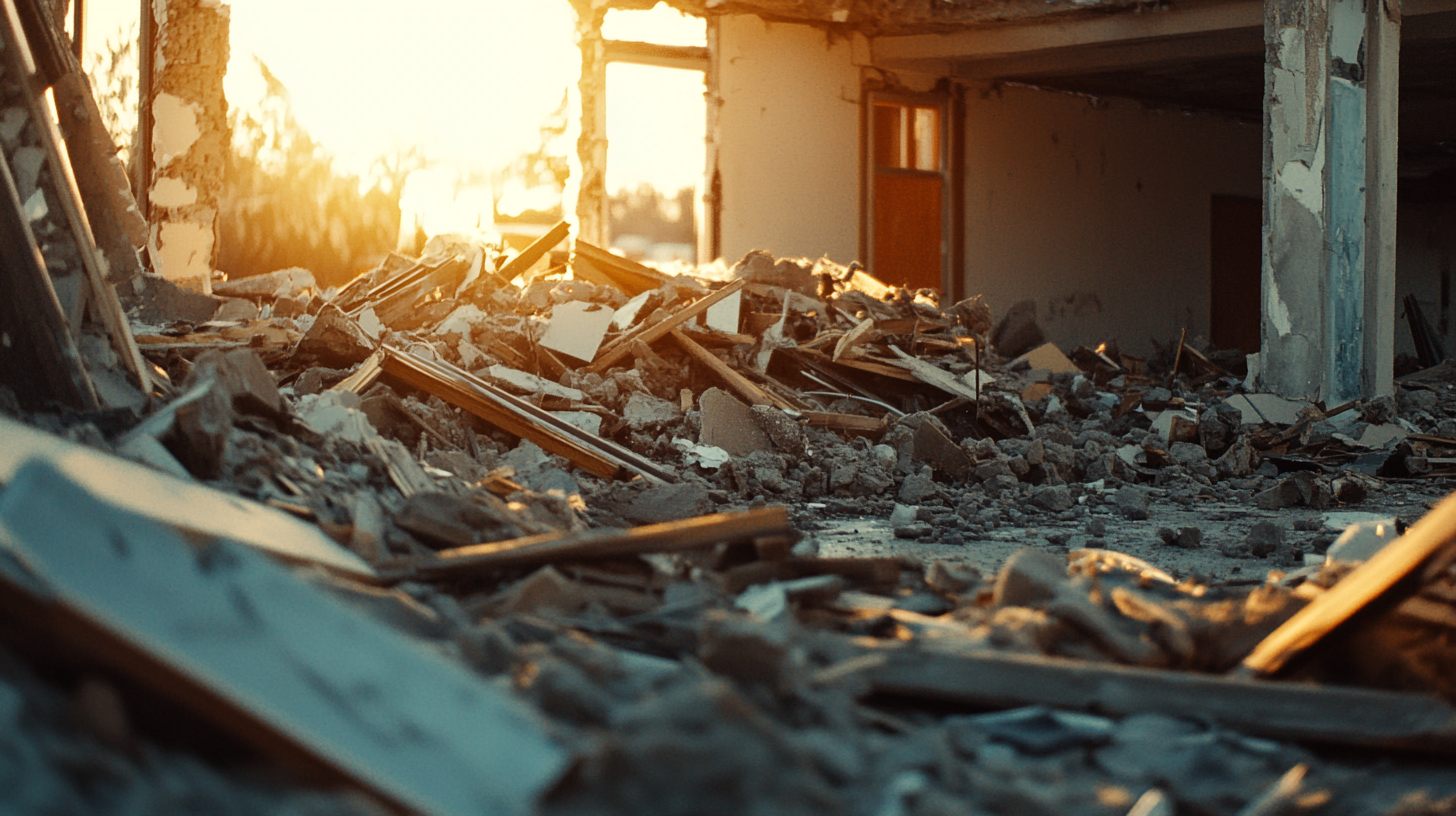
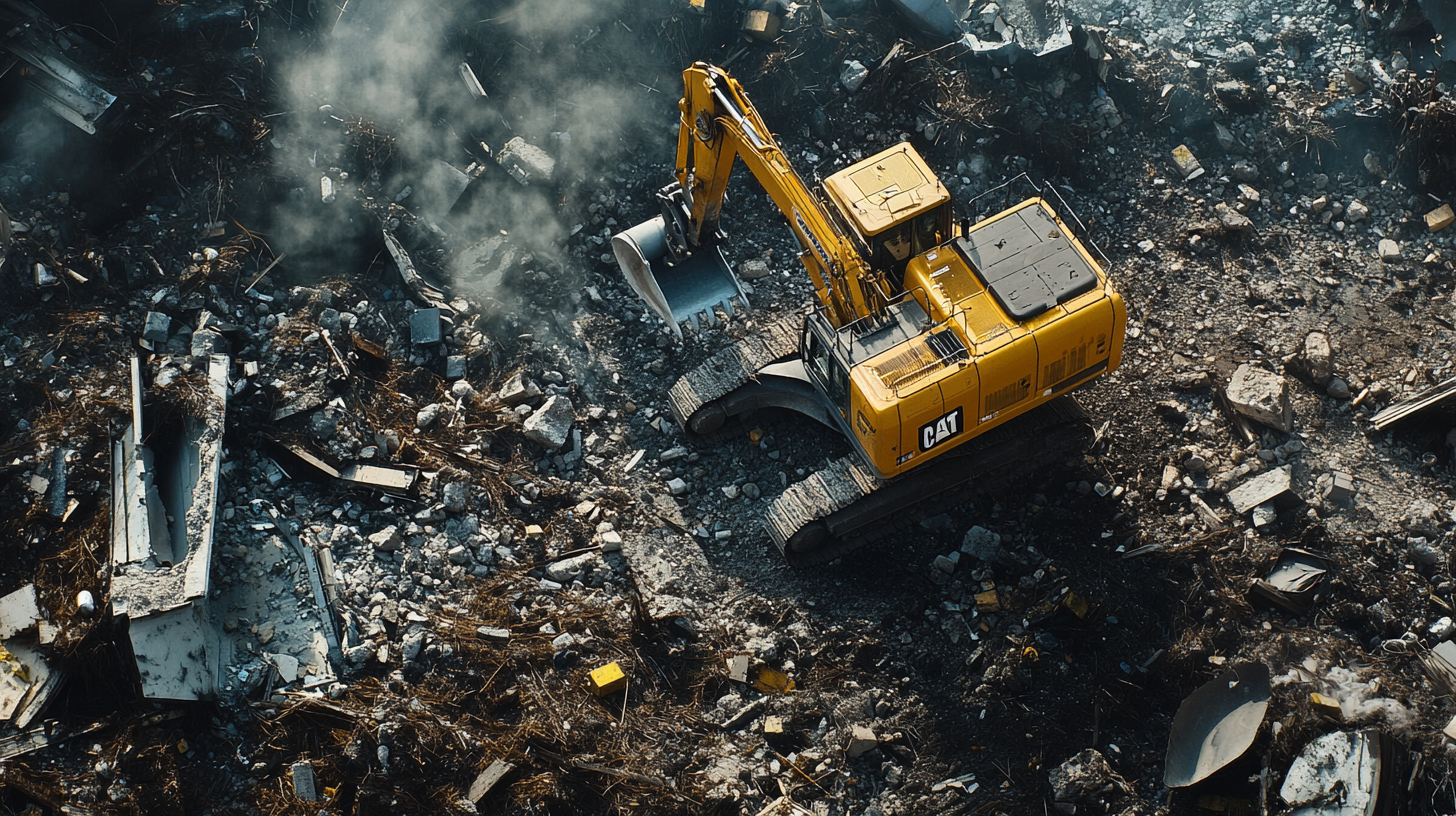
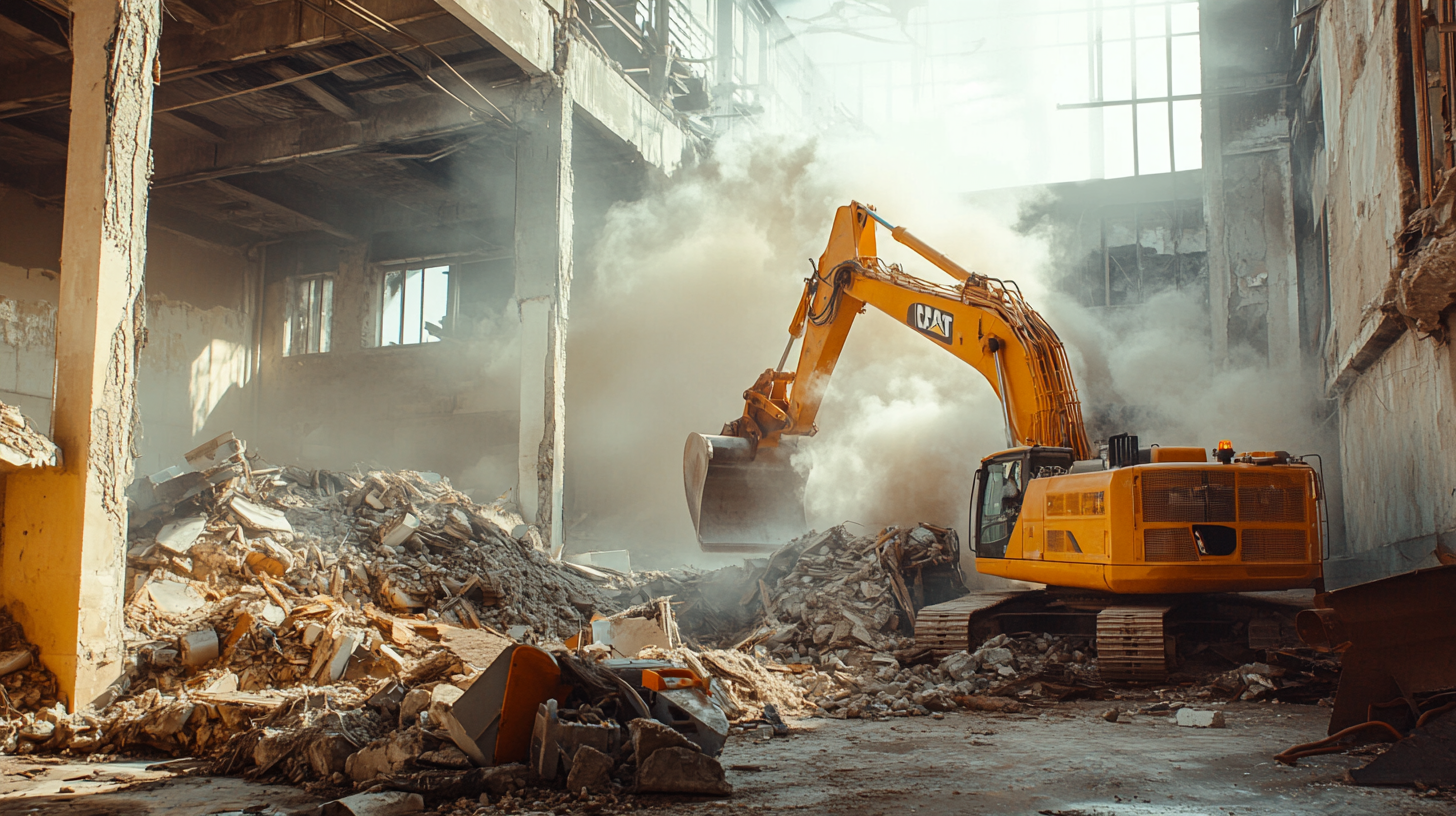
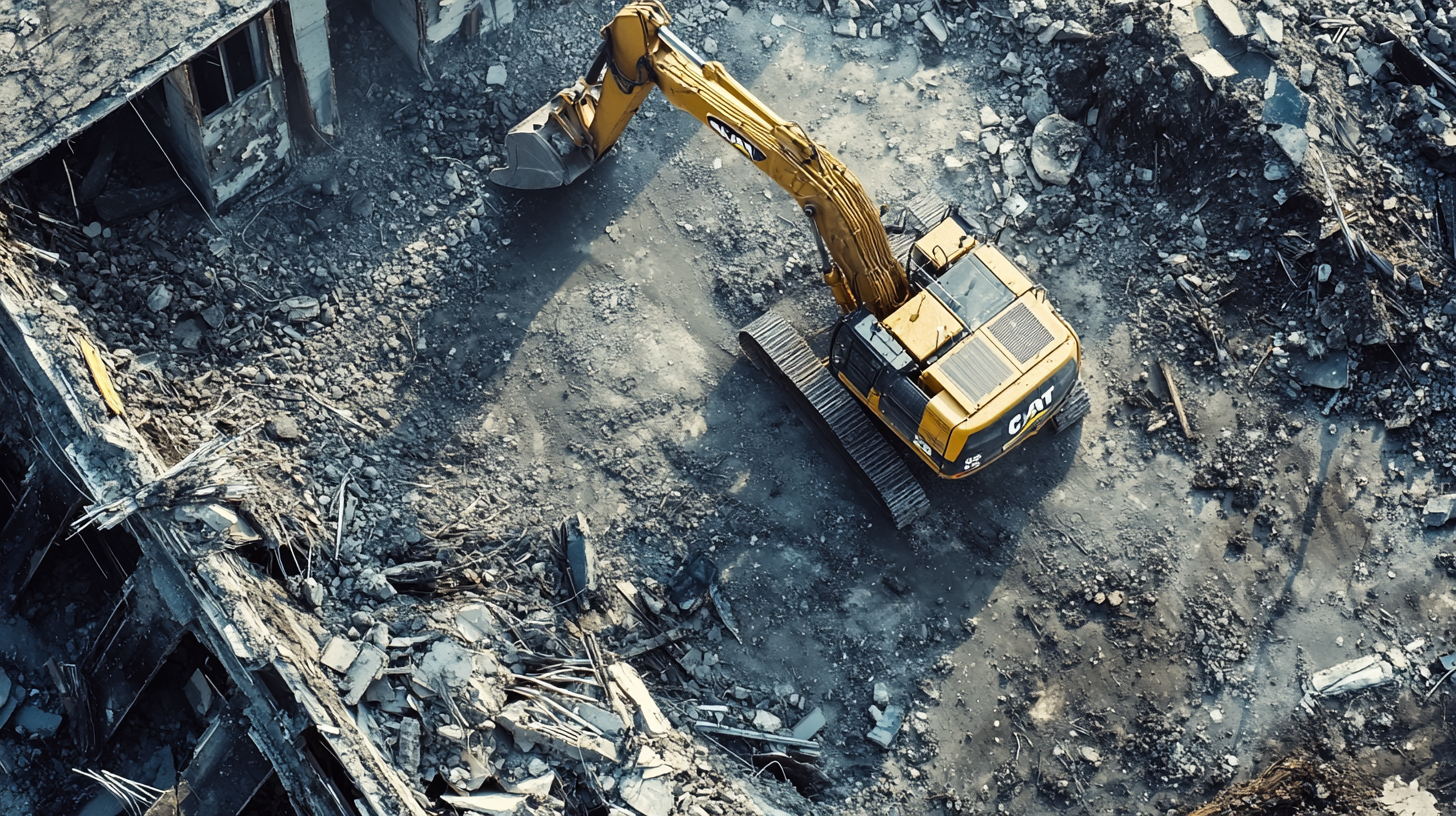
Got a Question? We’re Here to Help.
You can arrange an appointment or make an enquiry by phone or email, orget in touch to us via our contact form.

